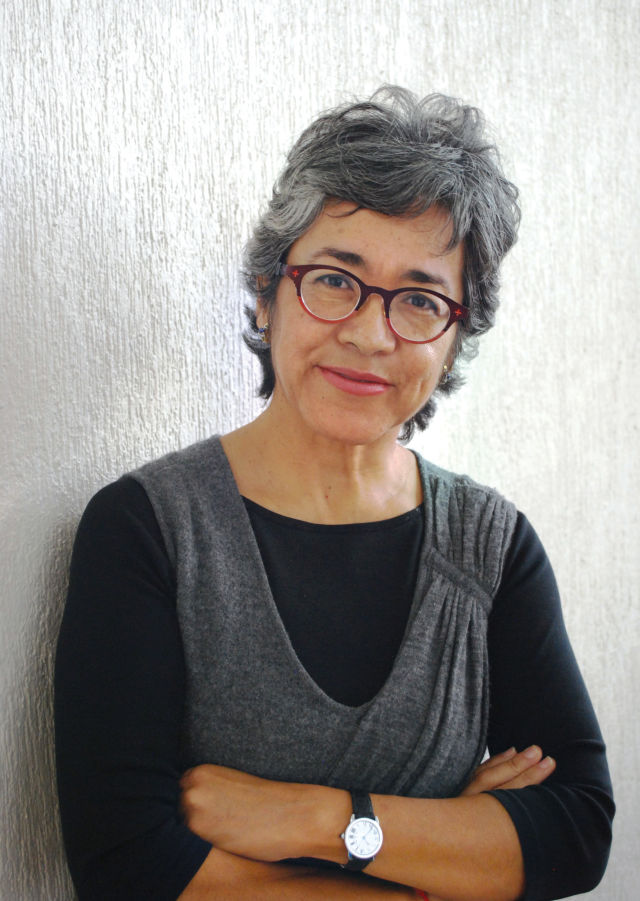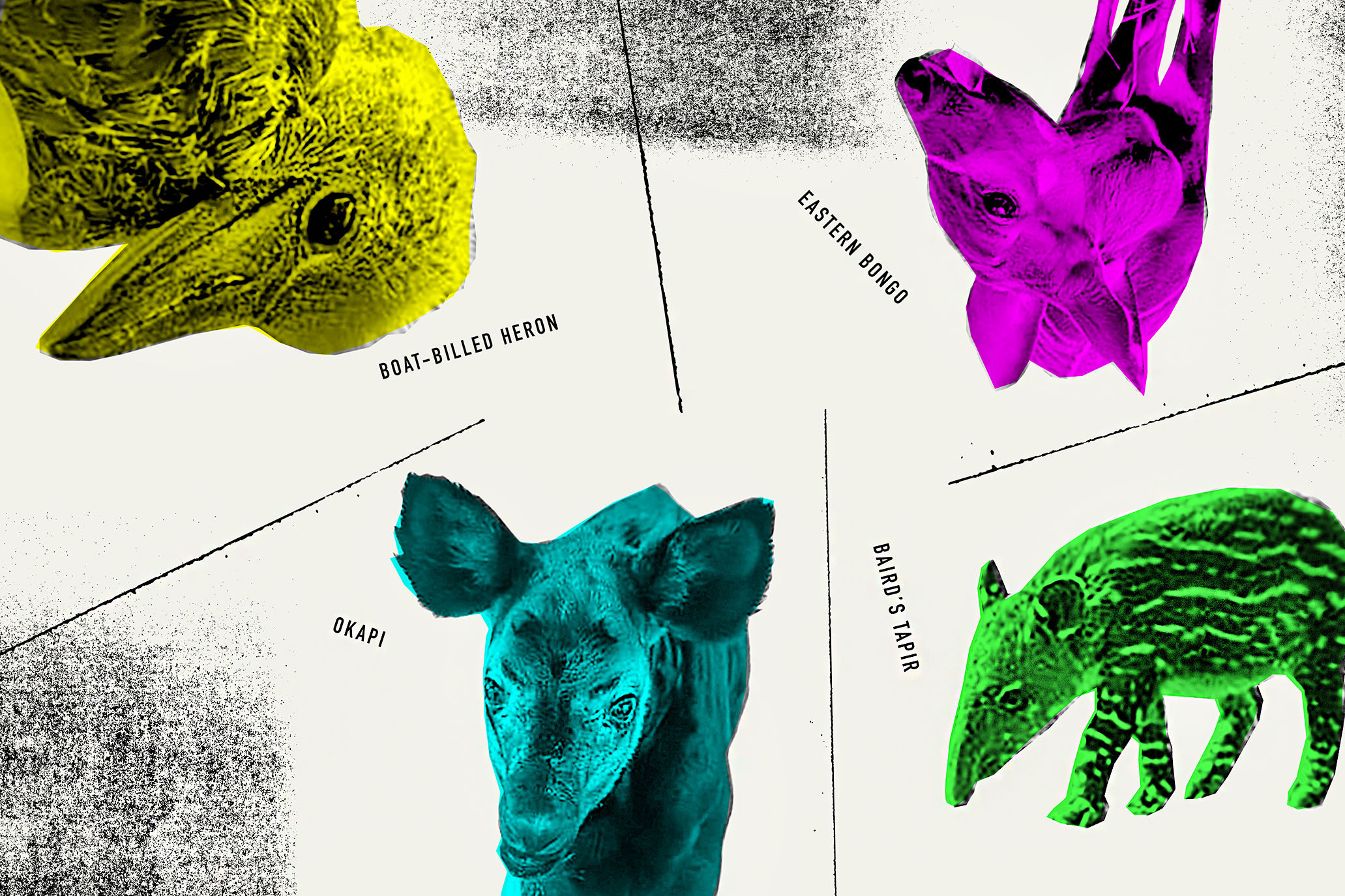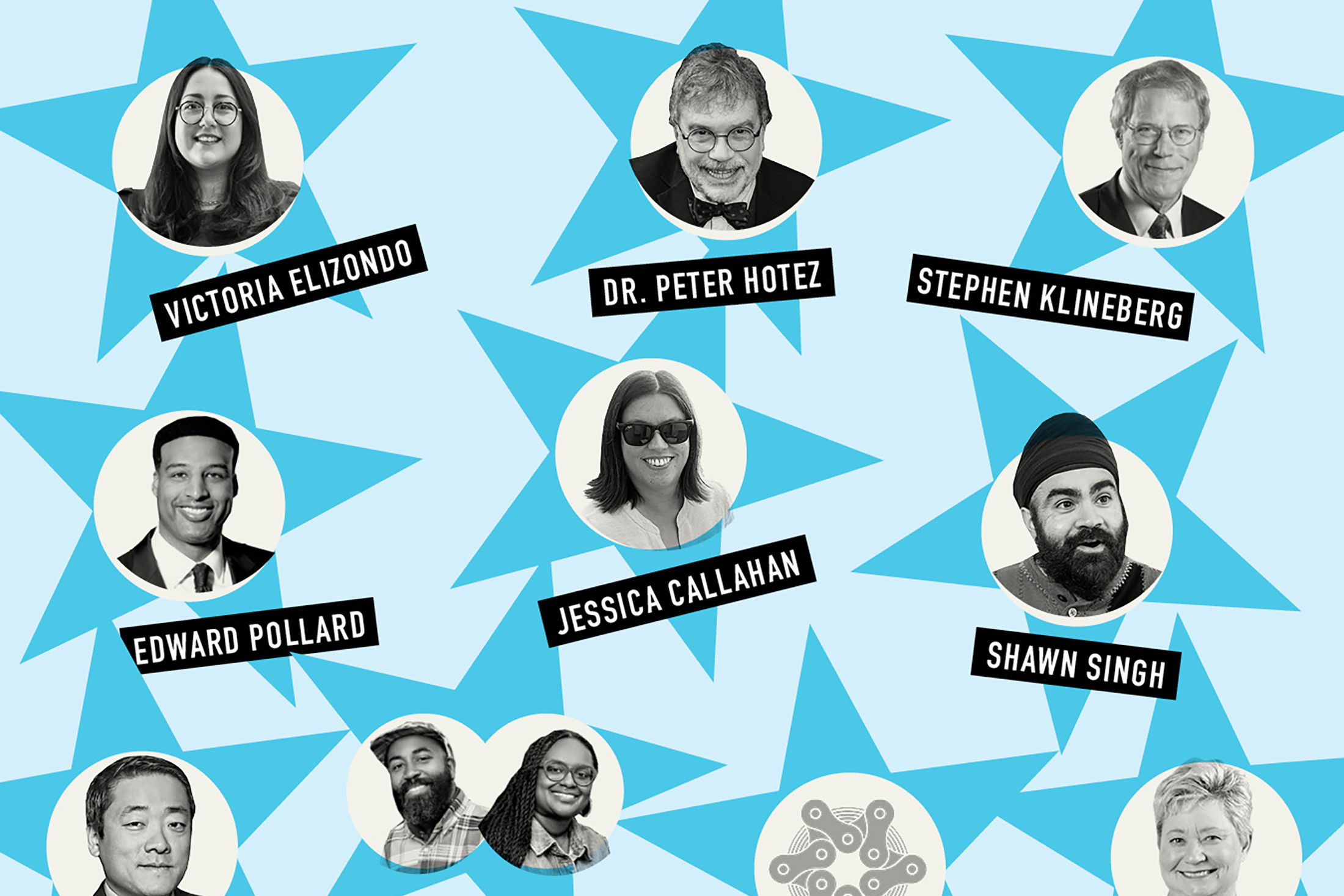At UH, Creating the Country's First Spanish-Language Creative Writing PhD Program

Cristina Rivera Garza
Which country is home to the second-largest Spanish-speaking population in the world? It’s us—as in the United States, with only Mexico home to more who speak, write and think in the language. That’s why Cristina Rivera Garza, distinguished professor in Hispanic Studies at UH, says establishing the nation’s first Spanish-language creative-writing PhD program was “not just natural, but urgent.”
Rivera Garza herself is the award-winning Mexican-American author of six novels in addition to collections of short stories, poetry and non-fiction works. She began thinking about a doctoral program in Spanish while teaching creative writing in English at the University of California–San Diego and found in UH—her own doctoral alma mater—a willing partner.
As the home of an independent, Hispanic-focused press, Arte Público, not to mention a highly regarded English-language creative-writing program, UH was a natural fit. “We are very much interested in fostering a connection with the English program because that’s how we live,” says Rivera Garza. “Most of us work in Spanish, write in Spanish, yet lead a life in English.”
The inaugural class of about nine students in the program—officially a PhD in Spanish with a concentration in creative writing—will begin this month. It’s an elite group, as prospective students initiated five times the typical number of applications for Spanish PhDs.
Rivera Garza doesn’t want her students to operate in a vacuum, and as such, heavily Hispanic Houston makes the perfect destination for the new program. Since arriving at the university last year, she’s sought partnerships with Austin High School and Ripley House—both serving the historically Hispanic Second Ward—to engage the local community in telling their own stories.
“This, for me, it’s a life project. I’ve been thinking about a new generation of writers, thinking about the dynamic presence of Spanish in the United States, thinking about making a community that’s eager to tell stories and put them in writing,” she says.
“Our main emphasis for this program is not thinking about writing as an activity in isolation, in an ivory tower, but as a practice that connects us in the community.”




